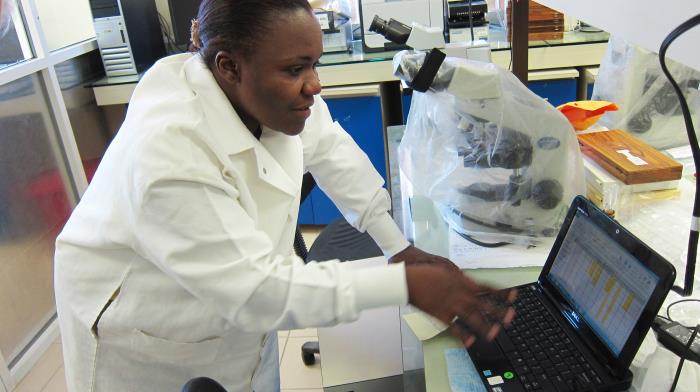FDA approves experimental test to screen blood donations for Zika virus
The U.S. Food and Drug Administration (FDA) announced Wednesday that it would allow the use of an experimental test to screen blood donations for contamination with the Zika virus.
The move means that Puerto Rico, which had halted local blood donations and had imported nearly 6,000 units of red blood from the continental United States, will soon be able to resume collecting donations from residents. And it should help blood banks elsewhere in the country avoid similar ordeals.
“The bottom line is we are going to work with blood centers in Puerto Rico to try to help as many as possible make use of the investigational test,” said Dr. Peter Marks, director of the F.D.A.’s Center for Biologics Evaluation and Research.
He estimated that the test, manufactured by Roche Molecular Systems, would be ready “within the next week or so.”
The new blood test makes it much less likely that officials will have to declare blood donation moratoriums in states like Florida, Texas and Louisiana this summer, as they were forced to do in Puerto Rico.
Annually, more than 9.5 million people give blood, which is screened for H.I.V., hepatitis B and C viruses and West Nile virus. Contaminated blood is taken out of circulation. Zika had posed a special challenge to blood banks: Roughly 80 percent of people who are infected do not have symptoms.
A handful of cases of Zika infection via blood transfusion have been reported in Brazil. During the 2013 French Polynesian outbreak, researchers found roughly 3 percent of asymptomatic blood donors actually tested positive for Zika infection, which they deemed “unexpectedly high.”
Read the full article on The New York Times website.

